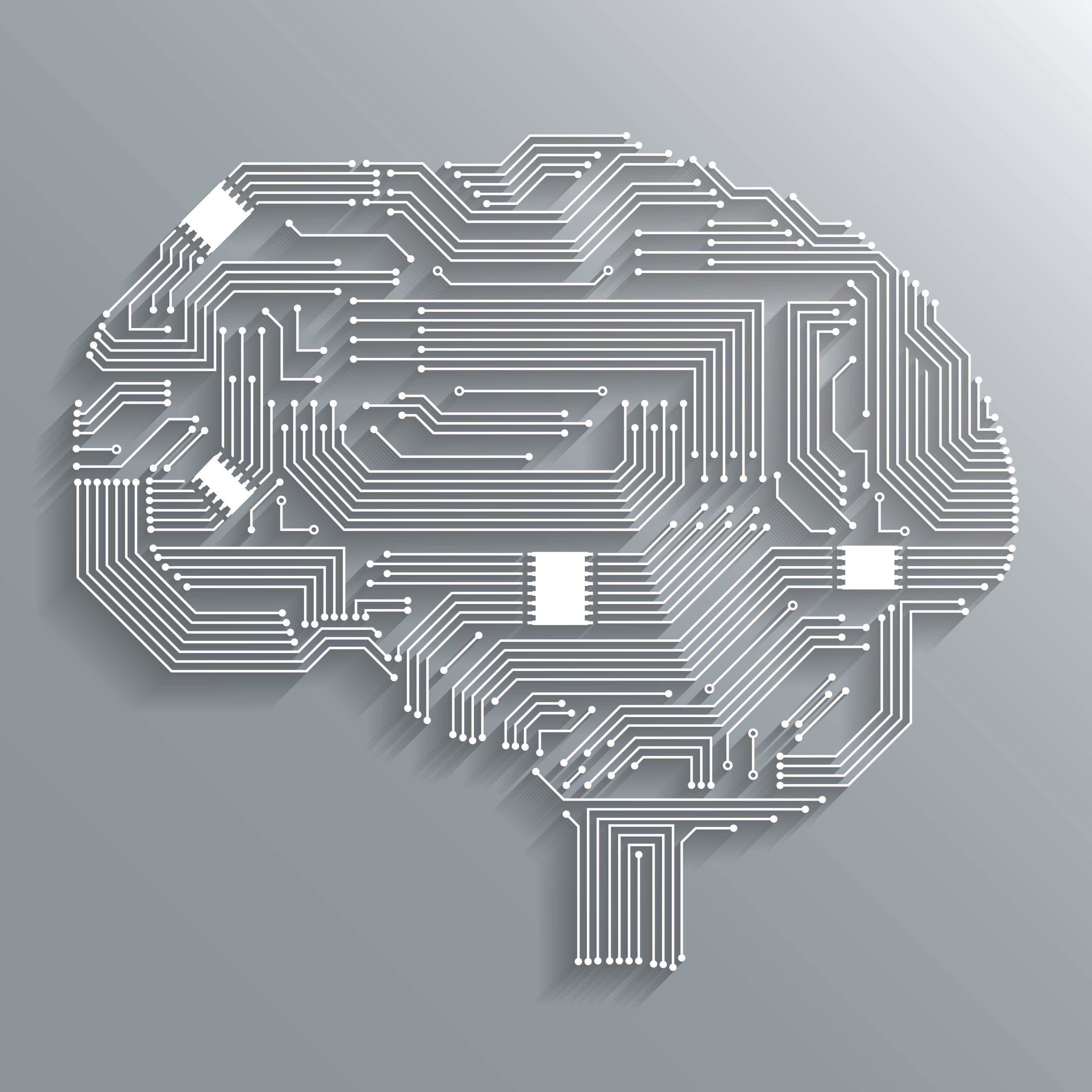In recent years, advancements in neuroscience and technology have converged to create a thrilling field known as brain tech. This groundbreaking discipline delves into the mysteries of the human brain, aiming to understand its intricate workings and harness its immense potential. From brain-computer interfaces (BCIs) to neurofeedback devices and neurostimulation techniques, brain tech is revolutionizing various aspects of healthcare, education, research, and even entertainment. In this blog, we will embark on a captivating journey to explore the exciting world of brain tech and the remarkable possibilities it presents.
- Brain-Computer Interfaces (BCIs): BCIs are perhaps the most remarkable manifestation of brain tech. These interfaces establish a direct communication pathway between the brain and external devices, allowing individuals to control computers, prosthetic limbs, or even interact with virtual environments through their thoughts alone. BCIs hold enormous potential for individuals with paralysis, spinal cord injuries, or neurodegenerative diseases, enabling them to regain mobility and independence. Additionally, researchers are exploring the cognitive enhancement possibilities of BCIs, envisioning a future where we can augment our mental capacities and unlock new levels of creativity, focus, and memory.
- Neurofeedback Devices: Neurofeedback involves providing real-time information about brain activity to individuals, enabling them to self-regulate their brain functions. Neurofeedback devices measure brainwaves and provide feedback through visual or auditory cues, helping users learn to modify their brain activity patterns. These devices are used in a variety of applications, such as managing stress, improving attention and concentration, enhancing sleep quality, and addressing neurological conditions like ADHD and anxiety disorders. With neurofeedback, individuals can gain greater control over their mental states, leading to improved well-being and performance.
- Neurostimulation Techniques: Neurostimulation involves using electrical or magnetic impulses to modulate brain activity. Transcranial Magnetic Stimulation (TMS) and Transcranial Direct Current Stimulation (tDCS) are two popular neurostimulation techniques. TMS uses magnetic fields to non-invasively stimulate specific brain regions, offering therapeutic potential for mental health disorders like depression and PTSD. On the other hand, tDCS utilizes low-intensity electrical currents to enhance brain plasticity and improve cognitive functions such as learning and memory. Neurostimulation techniques are paving the way for innovative treatments and interventions that can reshape the landscape of mental health care.
- Brain Gaming and Entertainment: As brain tech continues to advance, it is infiltrating the world of gaming and entertainment. Brain-controlled video games and virtual reality experiences are emerging, providing immersive and interactive entertainment experiences. By combining BCIs and gaming, players can manipulate virtual environments using their thoughts, creating a whole new level of engagement. Moreover, neurofeedback-based games are being developed to promote relaxation, mindfulness, and stress reduction. These innovative applications not only entertain but also contribute to cognitive training and mental well-being.
Brain tech represents an extraordinary frontier in human exploration, allowing us to delve into the depths of our own minds and unlock their vast potential. From restoring mobility to enhancing cognitive abilities and promoting mental well-being, the applications of brain tech are far-reaching and awe-inspiring. As research and development continue to progress, we can anticipate even more groundbreaking advancements in the field, potentially revolutionizing the way we approach healthcare, education, and human potential. As we venture further into this realm, it is crucial to prioritize ethical considerations, ensuring that brain tech is used responsibly and for the benefit of humanity. The future of brain tech is both promising and fascinating, holding the key to unlocking the immense power of the human mind.
